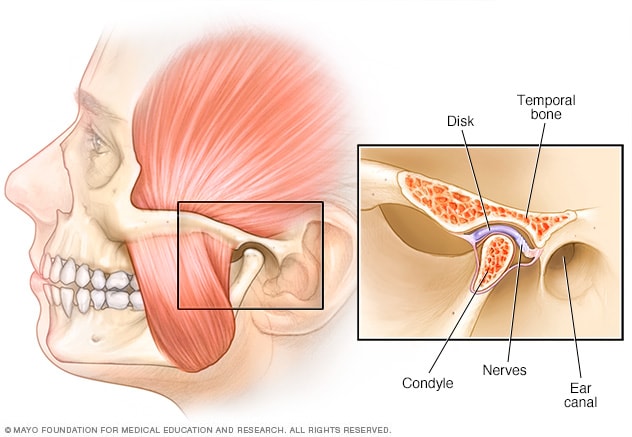Ad Code
Translate
List of 6,000+ Dofollow Commentluv Blogs FREE (Updated 2025)
What is Ozempic (semaglutide)? (Updated in 2025)
How To Find Suitable Properties In Cyprus? (Updated in 2025)
Smart strategies for trading on crypto exchanges
What will happen if TMJ is not treated?

A lot of Americans suffer from TMJ or also known as a temporomandibular joint disorder. But, many of them do not seek treatment to get rid of it.
Since many regular tasks can easily aggravate TMJ, it can be difficult to avoid the condition. If you are suffering from a TMJ issue, Dr. Pio Modi who is considered—one of the most specialized Brantford dentists—has some great advice on exercises you can do to help reduce TMJ symptoms.
For many years he has helped his patients to deal with TMJ and recover from this dental condition.
What Is Temporomandibular Joint Disorder?
TMJ is a disorder of the temporomandibular joint that is situated in the jaw. TMJ can cause severe discomfort and pain that is not chronic or intermittent.
Symptoms of TMJ are often overlooked by the person dealing with it as signs of stress. That is why, in most cases, TMJ remains untreated for a long time.
If you fail to treat TMJ, it can have severe and lifelong consequences regarding dental issues.
How Serious Can TMD Get?
Many people often misunderstand temporomandibular joint disorder. This leads to serious mins-diagnosis of this condition and leads to the rise of migraine or neck pain.
Even though TMJ is not a life-threatening condition at all, but it does have a serious impact on the quality of life you were leading. Serious pain around the jaw, constant headache, the ringing of the ears, etc., are conditions that you cannot ignore entirely in your life.
They require a good amount of attention and, if needed, the right treatment. Not only the common people but even dentists fail to focus on TMJ.
What Are The Causes For TMJ?
TMJ does not happen overnight all of a sudden. Some of the individuals may start to experience it since their childhood. In terms of congenital causes, if anyone is accustomed to mouth breathing, it's evidence that they are suffering from a TMJ.
Stress and clenching your teeth during sleep can also be the major causes of TMJ. Serious accidents or any trauma inflicted on the jaw can damage it too. Here are some more causes of TMJ -
Misaligned bite between the lower and upper jaws of the mouth
Clenching or grinding of the teeth
Improper movement of the disc or soft cushion between the ball and socket
Any cases of arthritis in the joint
Severe stress can lead a person to tighten their jaw or facial muscles.
Serious injury to the neck, head, or jaw can trigger TMJ as well.
The Danger of Not Treating TMJ
TMJ is a severe condition, and you must get it treated as soon as possible. TMJ can seriously disrupt your regular life. Please take a look at the top dangers of not treating it.
Dental Health - if you don't treat TMJ, it can lead to several dental issues. The constant grinding and clenching of the teeth can result in fractured teeth or damaged enamel. People who suffer from TMJ favor using one side of the jaw. This results in swelling in one side of the face and unsymmetrical growth of muscles. This can give the person a lopsided appearance in the long run.
Tinnitus and Jaw Problems - since this joint is located just beneath the ears, TMJ can lead to serious tinnitus or, in some cases, permanent damage to your ability of hearing. Inner ear problems can cause difficulties and imbalance in fluids, which cause vertigo. In many cases, individuals suffering from TMJ have reported suffering from dizziness. Some people also experience a reduction in the power of their eyesight.
So, these are some of the dangers you may face when you are not treating TMJ properly.
The Take Home
TMJ is a serious dental condition, even though not many people pay attention to it. Negligence can lead to the build-up of several other problems in the future. You can visit a dentist and ask for a full treatment.

0 Comments